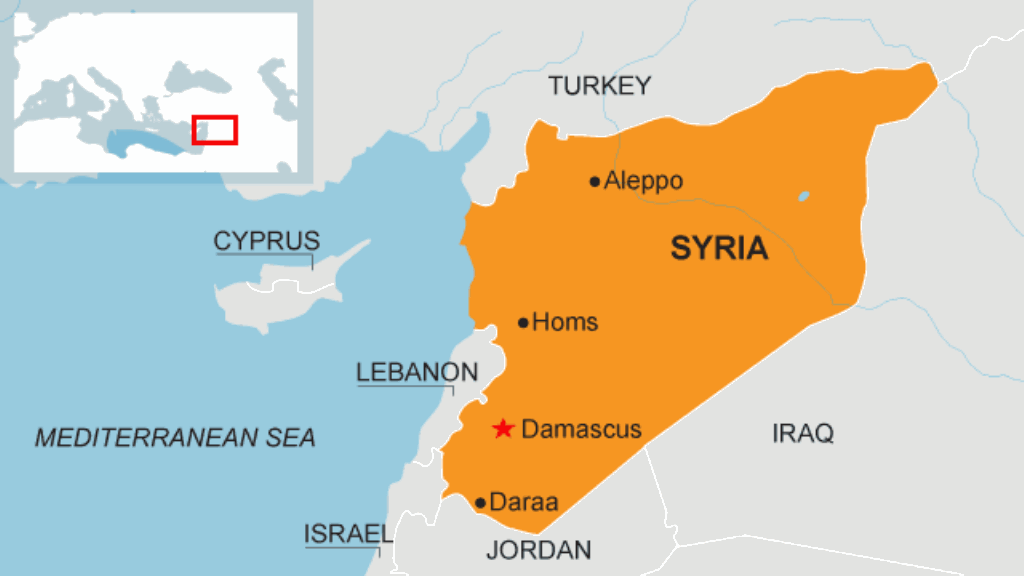Russia, Syria Forces Accused Of Extensive Use Of Cluster Bombs

Russia, Syria Forces Accused Of Extensive Use Of Cluster Bombs
Russian and Syrian forces have renewed their use of widely banned cluster bombs against civilians and rebels in northern Syria, Human Rights Watch (HRW) said on July 28.
The rights watchdog said in a report that it documented 47 instances in which cluster munitions were extensively used in attacks by pro-government forces across northern Syria in the past two months.
The attacks have killed and wounded dozens of civilians, the report said.
"Since Russia and Syria have renewed their joint air operations, we have seen a relentless use of cluster munitions,"
Ole Solvang, HRW's deputy emergencies director, said.
Cluster bombs, which explode in the air, release hundreds of tiny bomblets, posing a long-lasting danger to civilians. Cluster munitions are fired in rockets or dropped from the air.
Some 100 countries have signed a 2008 UN treaty prohibiting the use of cluster munitions.
The report said that, although Russia and Syria are not signatories to the treaty, "they are still bound by international humanitarian law, or the laws of war, which prohibits indiscriminate attacks."
Russia has in the past denied using cluster munitions in Syria.
'Humanitarian Corridors' In Aleppo
Meanwhile, Moscow says the Russian and Syrian governments are opening humanitarian corridors for civilians to leave the battered city of Aleppo in northern Syria. It also offered a passage for fighters, who wanted to lay down their arms.
The announcement by Russia's Defense Minister Sergei Shoigu came as Syrian government forces tightened their control around the rebel-held areas of Aleppo, where some 250,000 civilians are believed to be trapped.
Shoigu said on July 28 that President Vladimir Putin has a "large-scale humanitarian operation" that will be launched outside Aleppo to "help civilians who were taken hostage by terrorists as well as fighters who wanted to lay down arms."
Shoigu mentioned three humanitarian corridors as well as food and first aid points outside the city.
The Britain-based Syrian Observatory for Human Rights said that helicopters have dropped leaflets with maps showing the routes.
In Damascus, President Bashar Assad offered an amnesty to rebels who lay down their weapons and surrender to authorities over the next three months, Syrian state media reported.
Политика конфиденциальности | Правила пользования сайтом








